Nilgiri
BANNED

- Joined
- Aug 4, 2015
- Messages
- 24,797
- Reaction score
- 81
- Country
- Location
Kilo attack submarine 187 Bà Rịa-Vũng Tàu







Do Viet submariners train in Russia?
Follow along with the video below to see how to install our site as a web app on your home screen.
Note: This feature may not be available in some browsers.

Kilo attack submarine 187 Bà Rịa-Vũng Tàu








Do Viet submariners train in Russia?

The submariners or our men in dark dress receive initial training in Russia, combat in India and hunting exercise in Vietnam seasDo Viet submariners train in Russia?

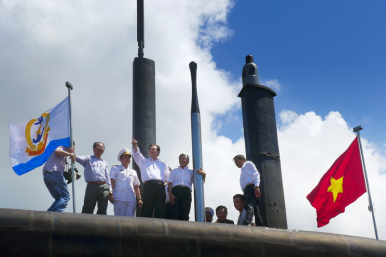

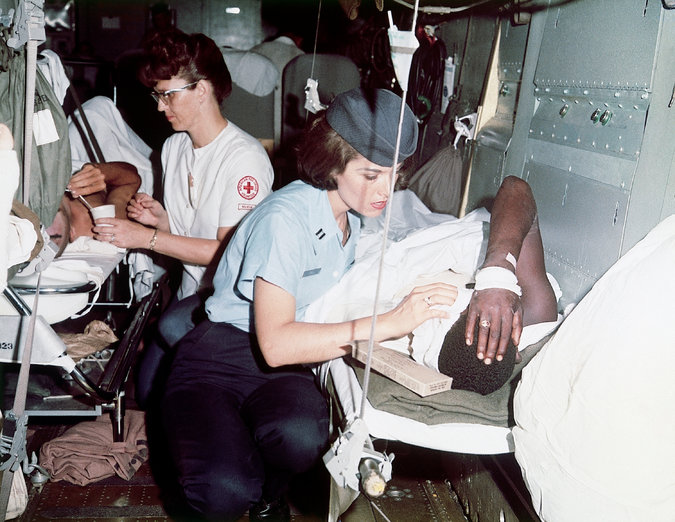
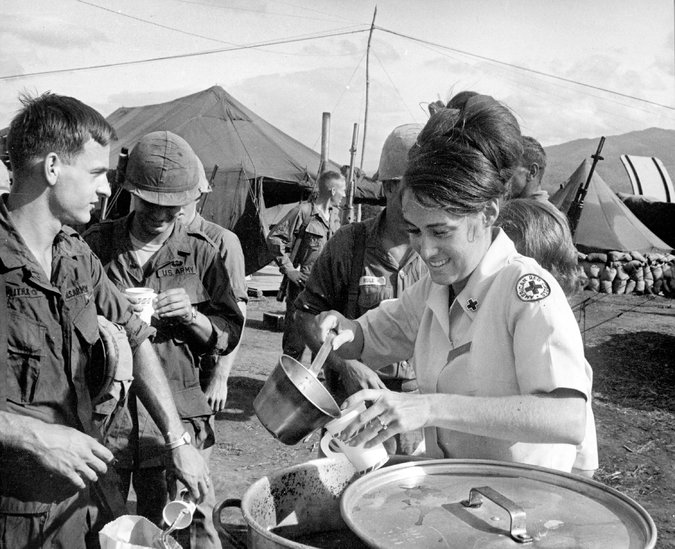
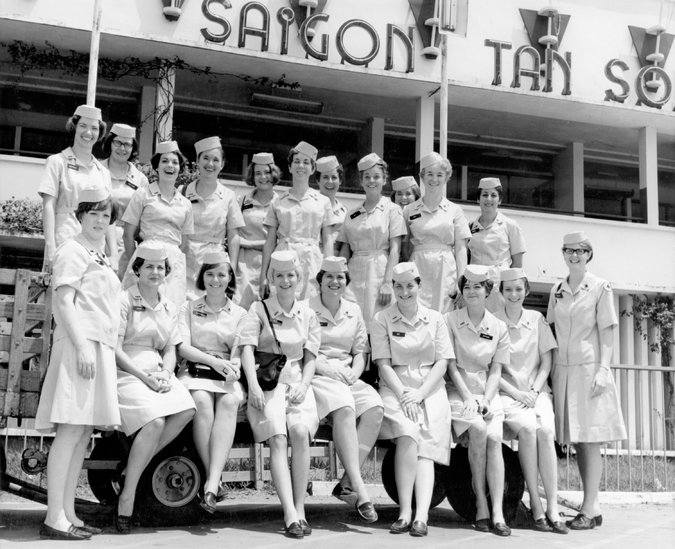




Vietnamese fishermen reportedly captured by Indonesia in Vietnam’s waters
http://tuoitrenews.vn/society/39475...edly-captured-by-indonesia-in-vietnams-waters
TUOI TRE NEWS
UPDATED : 02/10/2017

Vietnamese authorities are urgently looking for a way to assist a group of local fishermen who were reportedly arrested by Indonesia authorities while operating in Vietnam’s waters.
The fishing boat BV 4771 TS was detained by Indonesian authorities while sailing just off the southern Vietnamese province of Ba Ria- Vung Tau on Wednesday afternoon.
Pham Trung Ton, 50, co-owner of the ship from Long Dien District, Ba Ria- Vung Tau, stated on Thursday that he had reported the incident to the provincial border guard office.
According to Ton, the fishermen began their journey on Monday, before being arrested by an Indonesian vessel with serial number 354 in Vietnam’s waters at 06040’00” North and 1060 51’00” East.
The boat was carrying nine crew members, including 44-year-old captain Nguyen Van Nham.
Captain Nham made a phone call on Wednesday evening following his arrest, Ton said, adding that he has been unable to contact the ship since Thursday.
During an interview with Tuoi Tre (Youth) newspaper, an official from the Ba Ria- Vung Tau Border Guard Office confirmed that if the location provided by Ton was accurate, the fishermen were indeed arrested in Vietnam’s waters.
The location is about 15 nautical miles away from the Vietnam- Indonesia maritime border, the official elaborated.
The situation has been submitted to higher authorities for prompt assistance in bringing home the fishermen, he added.

hmm 354 is pennant number for KRI Oswald Siahaan, one of our retrofitted Van Speijk class
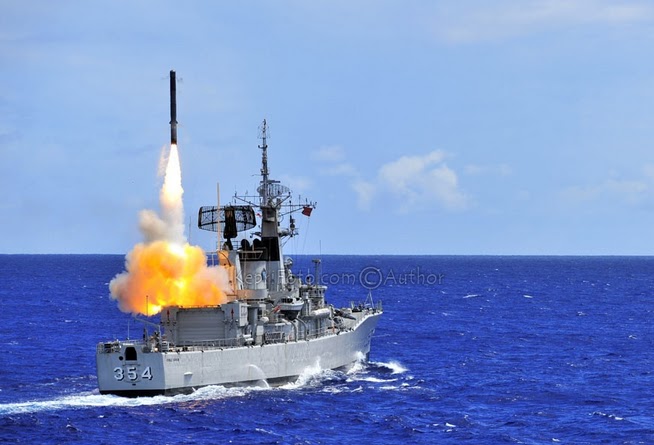

There's been a huge ID military (army, navy, airforce) presence in Natuna islands since chinese intrusion 2 years ago and the navy are patrolling that area non stop, perhaps there's a mistake in identifying foreign fishing vessel. hope this issue can be solved peacefully.Vietnamese fishermen reportedly captured by Indonesia in Vietnam’s waters
http://tuoitrenews.vn/society/39475...edly-captured-by-indonesia-in-vietnams-waters
TUOI TRE NEWS
UPDATED : 02/10/2017

Vietnamese authorities are urgently looking for a way to assist a group of local fishermen who were reportedly arrested by Indonesia authorities while operating in Vietnam’s waters.
The fishing boat BV 4771 TS was detained by Indonesian authorities while sailing just off the southern Vietnamese province of Ba Ria- Vung Tau on Wednesday afternoon.
Pham Trung Ton, 50, co-owner of the ship from Long Dien District, Ba Ria- Vung Tau, stated on Thursday that he had reported the incident to the provincial border guard office.
According to Ton, the fishermen began their journey on Monday, before being arrested by an Indonesian vessel with serial number 354 in Vietnam’s waters at 06040’00” North and 1060 51’00” East.
The boat was carrying nine crew members, including 44-year-old captain Nguyen Van Nham.
Captain Nham made a phone call on Wednesday evening following his arrest, Ton said, adding that he has been unable to contact the ship since Thursday.
During an interview with Tuoi Tre (Youth) newspaper, an official from the Ba Ria- Vung Tau Border Guard Office confirmed that if the location provided by Ton was accurate, the fishermen were indeed arrested in Vietnam’s waters.
The location is about 15 nautical miles away from the Vietnam- Indonesia maritime border, the official elaborated.
The situation has been submitted to higher authorities for prompt assistance in bringing home the fishermen, he added.

There's been a huge ID military (army, navy, airforce) presence in Natuna islands since chinese intrusion 2 years ago and the navy are patrolling that area non stop, perhaps there's a mistake in identifying foreign fishing vessel. hope this issue can be solved peacefully.







Yes I hope too. That is very regrettable.There's been a huge ID military (army, navy, airforce) presence in Natuna islands since chinese intrusion 2 years ago and the navy are patrolling that area non stop, perhaps there's a mistake in identifying foreign fishing vessel. hope this issue can be solved peacefully.


